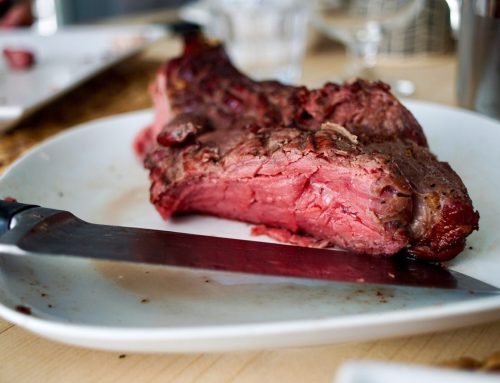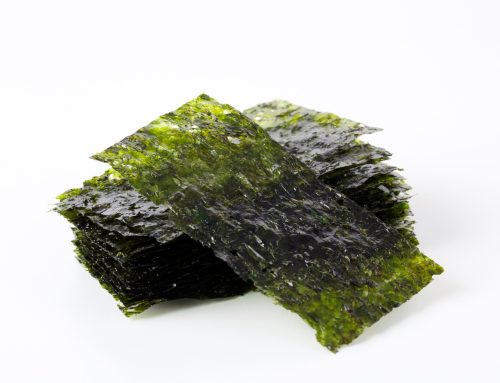Will running hurt me knees? This is something I have wondered over the years of pounding the pavement. In fact, based on my erroneous assumption that running would wear out my knees, I gave it up for about 20 years. While suffering through the pandemic, I decided to try it again and love it more than ever! Don’t make the mistake I did.
Will Running Hurt My Knees?
You’ve probably heard someone say running is definitely bad for your knees. You may have even experienced the familiar twinge of pain in your knee during or after a run. But a new study shows running (and walking) may actually provide significant benefits to your knee cartilage, helping to keep you healthy and mobile as you age.
It seems paradoxical: Measure running’s impact on the body, and you see knees take a pounding, absorbing up to three times an individual’s body weight with each step. However, running is known to strengthen bones, and a 10-year study found running is not associated with a higher risk of developing osteoarthritis.
Study on Impact of Running on Knees
To answer the question will running hurt my knees, University of Maryland researchers used gait analysis, musculoskeletal modeling and knee contact mechanics to analyze how running impacts knee cartilage. Dr. Ross Miller, an associate professor of kinesiology, wanted to see if cartilage withstands running-induced stress and, rather than wearing down, adapts and becomes more resilient — a phenomenon observed in animals.
• Miller and his team enlisted 22 healthy participants, who ran and walked while the researchers gathered data.
• The data included gait and the force applied with each footfall.
• They then created a computer model to see what would happen to healthy knee cartilage over time.
• They found, if cartilage breaks down without repairing itself, running and even walking will ultimately wreck knees.
• Per the model, daily walkers had a 36% chance of developing arthritis by age 55, and daily runners had a 98% chance of eventually developing arthritis.
• Those are scary numbers.
• However, once the researchers factored in the knee’s ability to actively repair itself, leading to thicker, stronger cartilage, the arthritis incidence for both groups fell to just 13%, which is similar to real-world prevalence.
Short Term Injuries
This isn’t to say knee pain isn’t a legitimate concern. Several structural issues can cause pain, including runner’s knee, in which the patella moves out of alignment and causes irritation to the cartilage. Patellar tendinitis — also called “jumper’s knee” — is an injury to the tendon connecting your kneecap to your shinbone. IT band syndrome occurs when a tight iliotibial band squeezes a fluid-filled bursa sac between the band and the outside of the knee.
But these are usually short-term injuries, while long-term damage due to osteoarthritis may be reduced significantly by cartilage’s ability to adapt and repair itself. The University of Maryland study noted “running accumulates a great deal of damage per unit distance traveled,” and unless the knees respond and adapt to extend their shelf life, we’d all have bum knees.
Since runners do not have a higher incidence of knee osteoarthritis than non-runners, the researchers concluded running is unlikely to wear out the joint’s cartilage. This is good news for runners and walkers. So, if you like to log miles, keep it up — the many health benefits should outweigh the risk to your joints.
Click here to read more on the topic of will running hurt my knees.







